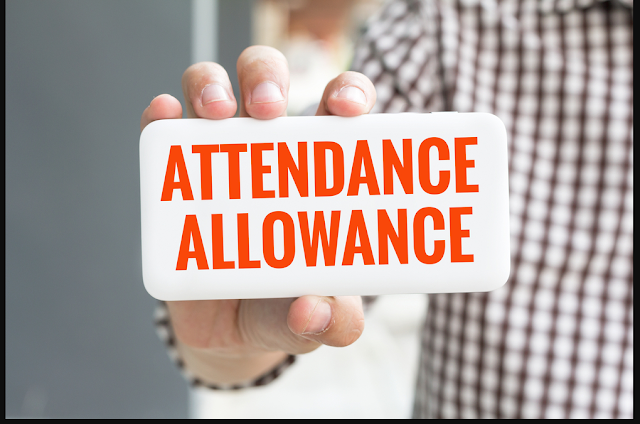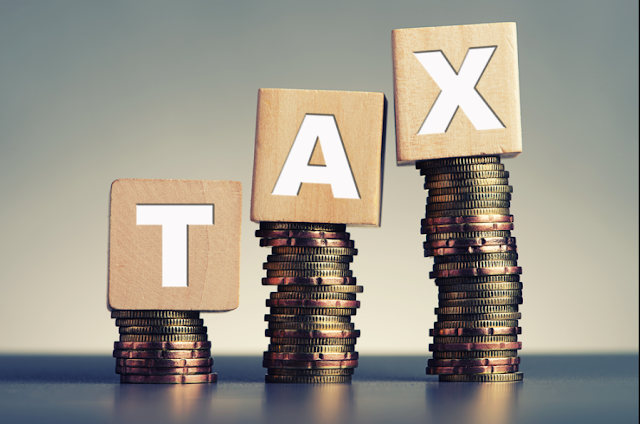Bookkeeping for Beginners: 3 Basic Concepts to urge You Started
Bookkeeping for beginners doesn’t get to be a headache. during this blog, Cheap accountants in London listed six basic yet useful concepts to assist you to start - from how you'll fill in your records, easy bookkeeping practices you ought to know, some handy recommendations on learning bookkeeping reception then far more.
1. Where Do I Start?
The first concept to urge you started as a beginner is to understand how you’ll complete your records. Typically, there are three popular options:
Spreadsheets: they will be an honest start line to urge you up and running. Although they’re suitable for smaller businesses, you’ll find that it might be challenging maintaining them as your business grows and human errors can sneak in too.
Accounting Book: If you’re just keeping track of straightforward accounting records, then an accounting book is often the solution. However, it is not for all that the manual process is underway, in particular with the Govt launching the MTD initiative.
Software for bookkeeping: You must use a Bookkeeping program or software for the purposes of MTD. For a simplified approach, look for a response that draws uncertainty from bookkeeping with simple phrases and therefore important features you would need.
2. Bookkeeper vs. Accountant
As mentioned earlier, you don’t need formal degrees or qualifications when it involves doing the books. Still, here are the most options available.
Bookkeeper: A bookkeeper is someone who documents the financial reports of an organization accurately. You will confirm that every entry is correct during all book transactions. All financial details are registered and arranged in clear terms by bookkeepers. However, this will often be done monthly, quarterly, or maybe annually.
Accountant: Accountants are mainly liable for generally overseeing accounts and producing financial statements and tax returns that suit the law. Accountants will adjust entries made by bookkeepers at the top of every fiscal period to assist make more informed business decisions.
3. Basic sorts of Bookkeeping you ought to Know
There’s a touch little bit of learning involved which will make going to grips with bookkeeping much easier by the end of the day. We list the key basic forms of bookkeeping that you should know below to support.
Cash: The account where all business transactions pass. this is often a crucial account that always bookkeepers use two journals, cash receipts, and cash disbursements, to trace the activity.
Accounts Receivable: You have receivers if the company sells goods and services and you do not recover the money right away. The cash from customers is checked in this account. This must be managed up to date so that you submit invoices correctly and timely.
Inventory: The account where you account for all of the products you've got available. The numbers in your books can be checked by making the inventory available in physical numbers.
Accounts Payable: The account that permits you to ascertain what money is leaving or has left the business - and when. This account gives you a transparent view of everything you would like to pay and makes sure that you simply don’t pay anyone twice.
Sales: The account where you register all incoming sales revenue. Often this is another important account because the correct and timely recording of sales helps to understand where your business is.
Purchases: The account where you track any materials or goods that you simply have bought for your business. this is often a key component of calculating Costs of products Sold which you subtract from Sales to seek out your business’ gross profit margin.
Payroll Costs: The account you are tracking your employees' salaries and wages. This is often the most important cost of all for a number of companies. Keeping this accurate is important in meeting the tax and other reporting requirements.
Retained income: This account records the earnings in the business that you reinvest into the company and that are not paid to the owner. In order to display the total cash kept since the start of the business, the income is cumulative here. It is an objective way of monitoring how well you've done your business over time.
Do Bookkeeping the proper Way With a Bookkeeping Checklist
All of the points we’ve mentioned are all great basic ways to urge you started, but there’s more to understand about the way to manage everything as you go along.
That’s why we’ve created a handy checklist so you'll do bookkeeping sort of a pro. It’s filled with useful recommendations on why doing all of your own books is vital, how you'll start, the simplest thanks to maintaining it, what to seem for in software plus such a lot more.



Comments
Post a Comment